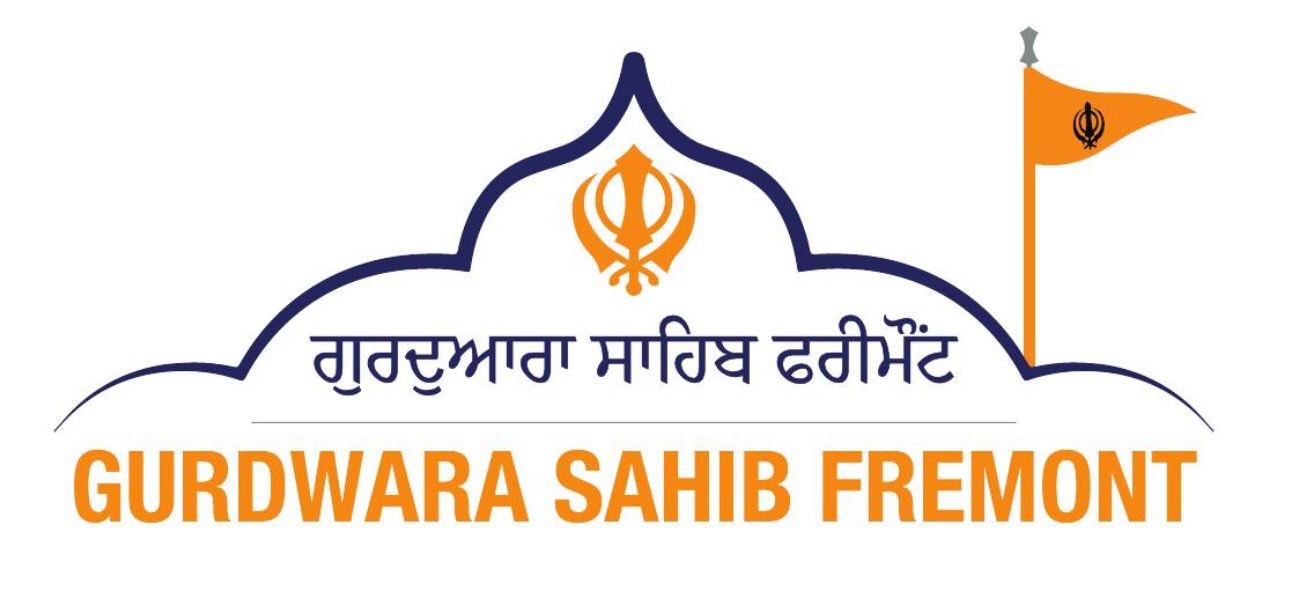ਲੰਗਰ
(Langar )
The Langar tradition traces its origins back to the founder of Sikhism, Guru Nanak Dev Ji, in the 15th century. Guru Nanak, the first of the Sikh Gurus, established the Langar as a revolutionary concept that transcended social norms and divisions. He envisioned Langar as a communal meal where people from all walks of life could sit together as equals, breaking bread in harmony and sharing the blessings of sustenance. This act of compassion and inclusivity laid the foundation for what would become one of the most distinctive and cherished traditions of Sikhism. Over the centuries, subsequent Sikh Gurus, inspired by Guru Nanak’s teachings, further institutionalized and expanded the Langar, turning it into a symbol of Sikh values such as equality, selflessness, and service to humanity.
At the heart of Sikhism lies the sacred tradition of Langar, a practice that epitomizes the core values of equality, community, and service. Originating in the teachings of Guru Nanak Dev Ji, the founder of Sikhism, Langar represents a profound commitment to inclusivity and compassion. In its simplest form, Langar refers to a free, vegetarian meal served to all visitors, regardless of their background or beliefs. The langar hall, or Guru ka Langar, welcomes people from all walks of life, embodying the principle of ‘Sarbat da Bhala’ – welfare for all. Here, social hierarchies dissolve, and individuals of diverse ethnicities, religions, and socioeconomic statuses come together as equals, seated on the floor to share a common meal. The preparation and serving of Langar are entirely volunteer-driven, with dedicated sevadars tirelessly working to ensure that every visitor is fed with love and respect. Beyond nourishing the body, Langar nourishes the soul, fostering a sense of unity, humility, and gratitude. It serves as a potent symbol of Sikh teachings, reminding us of our shared humanity and the importance of selfless service (seva) in building a more compassionate world.
